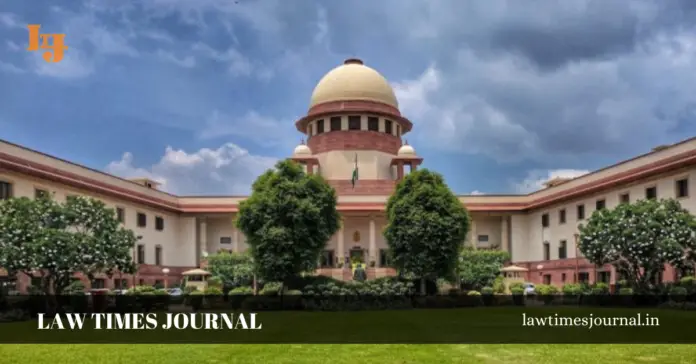
Farmers obstructing highways as part of their ongoing protests against the three contentious farm bills drew the Supreme Court’s ire once more on Thursday.
Issues can be handled through judicial channels, agitation, and political debates, but not by blocking roads, according to a court led by Justice Sanjay Kishan Kaul.
“How can highways be closed indefinitely? Where does it all come to an end? “The Court insisted. Farmers obstructing highways as part of their ongoing protests against the three contentious farm bills drew the Supreme Court’s ire once more on Thursday.
The Court further stated that it had established the legislation in this regard and that it was the executive’s responsibility to put it into effect.
“You’ll say we trespassed into the executive domain if we follow any instructions. It’s up to you to figure out how to put the law into action. The Court lacks the resources to carry it out “According to the Bench.
A resident of NOIDA, Uttar Pradesh (UP), filed a plea seeking relief from a protesting farmer’s road barricade.
The petitioner, Monicca Agarwal, stated that despite multiple Supreme Court directives to keep public routes clear, they had not been followed. Traveling from Noida to Delhi has been a nightmare for the petitioner, who is a single mother with medical difficulties.
The UP government indicated in its response to the Court that it is in the process of requesting farmers to clear the area for better traffic flow.
Solicitor General Tushar Mehta testified at the hearing on Thursday that a high-level committee was constituted and farmers were invited to participate, but they declined.
He also stated that specific farmers’ representatives must be added as parties to the current case in order for them to be aware of the government’s objectives.
The Court, on the other hand, stated that the Centre would have to enlist them as parties because the petitioner may not be aware of who the farmers’ leaders are.
The case will be further considered on Monday, September 4 by the full Court.








